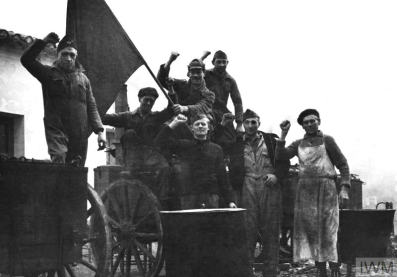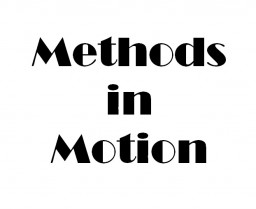
How do you feel? Outraged, depressed, abandoned or triumphantly vindicated? Today’s politics seem to be awash with powerful emotions, whether Brexit rage or liberal contempt, Trumpian paranoia or Le Pen’s fury at the state of France. It’s difficult to look anywhere and see politics as anything other than a sea of turbulent feelings, which poses several problems for social scientists interested in making sense of contemporary social action and political life.
The first is how do we know how people feel? Surveys – whether opinion polls or sociological investigations – tend to ask for views rather than feelings, so we know rather more about what people are concerned about (immigration, the NHS, etc) than what they feel about such issues. When we say something’s important or worries us, what sorts of emotions are in play? It’s hard to get past the dramatic statements – that this is an age of rage, or a revolt of the abandoned – to any substantial evidence about how people feel about their lives, their societies or the state of the world.
It is possible that ethnographers – those who spend time with people, observing and talking with them in a variety of circumstances – may come closer to capturing their moods. But such research is both slow (it takes time to be trusted) and small scale (we may know how particular groups in particular places might think – but not the society as a whole).
Still, such studies might get closer to how people feel than many of the big claims currently going around in journalism (and some social science writing) about politics. They might also help with the second problem: Can people feel more than one thing? Too often we assume people to be simple souls, capable of feeling or thinking only one thing at a time. On any given day, confronted by some political event – for example, the government’s recent refusal to invest extra funds in the NHS – I can experience several emotions at once: a degree of rage, but also a sense of despair, possibly accompanied by a feeling of guilt (this is, after all, my government). And there, hanging around the edges is a feeling of anxiety or even fear (will the operation I’m on a waiting list for happen? Will it be safe?). At the same time, I feel a desperate desire to do something (how can I/we change this situation?) and talk to others about it (so that I feel less crazy).
You might point out that this isn’t, in fact, all about me – and you’d be right. My point is not what an interesting range of emotions I have, but that I am not unique. Indeed, from talking to other people, I would expect that they, too, would have a rich and complicated variety of emotional reactions to things around them, rather than a binary distinction between angry or complacent. So might we imagine studies that were attentive to the different, intersecting or even contradictory moods that flow around contemporary politics?
Even if we could achieve such studies of how people feel about their lives and the world in which they live them, there are still a couple of other problems for social scientists to confront. One is the problem of time: Have people only just begun to have feelings? Much of the discussion about emotion and contemporary politics seems to imply that the role of emotions is a new phenomenon, and that in the past people were hard-headed calculators or reasoning rationalists. I have no way of knowing if this is true, though memories of the style of political argument in the large and noisy Clarke family suggest that feelings often ran high and that many relatives were sometimes neither rational nor reasonable. It may be that the language in which politics was analysed and reported was much cooler, and the question of emotion was not seen as relevant. But that is not the same as the absence of emotion, more a change in forms of public culture and discourse (which might also be investigated).
The last problem about politics and emotion might close the circle: What do people do as well as feel? It may be important for us not to get so carried away by the discovery that people have feelings that we think that is all they have. People also reason, calculate, guess and argue. The hardest challenge may be to grasp just how all these things go together in creating political dispositions, choices and possibilities.
This article originally appeared on the Methods in Motion blog
More on Methods in Motion
The Methods in Motion blogs are by researchers linked to the Centre for Citizenship, Identities and Governance. The blogs represent their opinions emerging from research in progress, and do not necessarily represent the views of the Research Centre or Open University. You can discover more about Methods in Motion on the CCIG website.






Rate and Review
Rate this article
Review this article
Log into OpenLearn to leave reviews and join in the conversation.
Article reviews